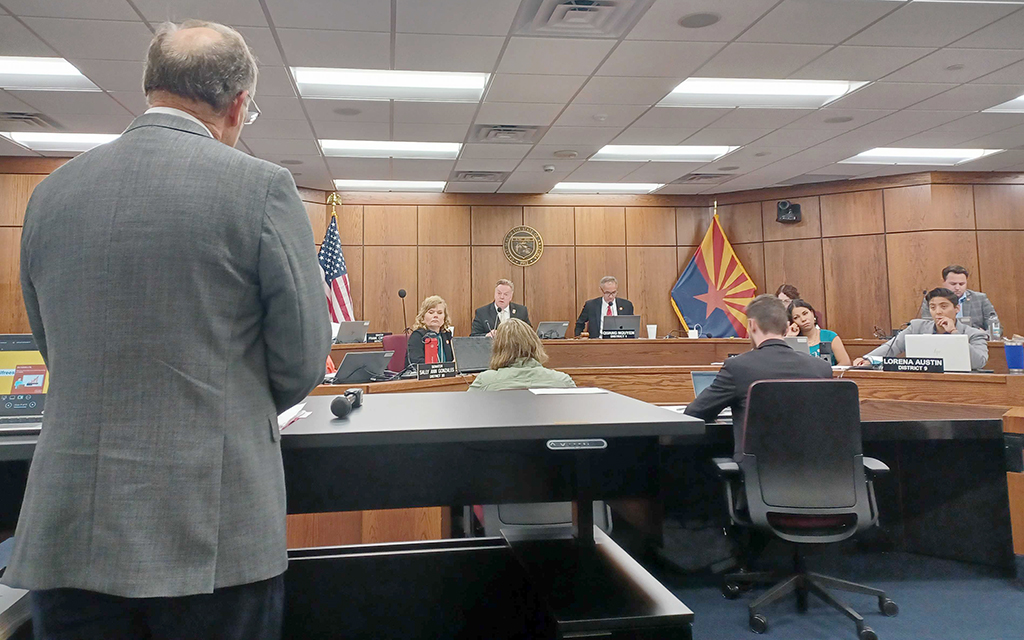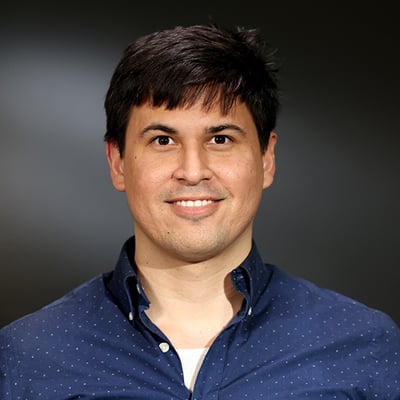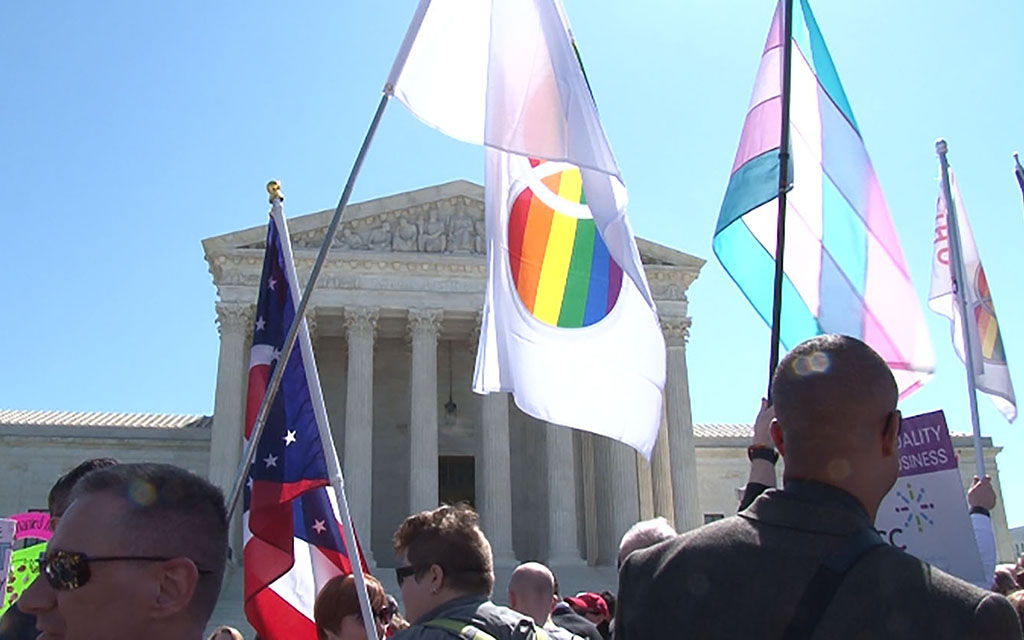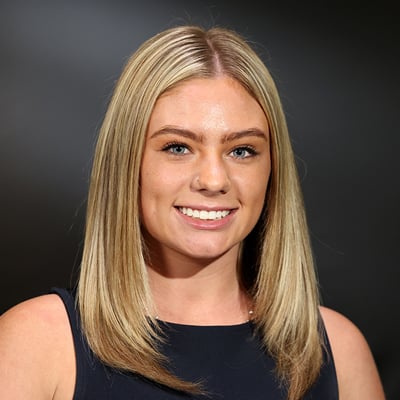PHOENIX – Republican Sen. Anthony Kern said he would give Arizona State University 60 days to submit a written investigation to the Arizona Senate Judiciary Committee about claims that ASU faculty bullied students into not attending a February school event featuring several conservative speakers.
The Senate Judiciary Committee will then act accordingly, depending on the thoroughness of the report, Kern said.
The directive came at the first meeting of the Joint Legislative Ad Hoc Committee on Freedom of Expression at Arizona’s Public Universities, which met on Tuesday. The committee’s purpose is described as gathering information on freedom of expression at the state’s three public universities, but Tuesday’s meeting focused on allegations against faculty of ASU’s Barrett, The Honors College.
The formation of the committee, co-chaired by Kern, R-Glendale, and Rep. Quang Nguyen, R-Prescott Valley, was in response to the recent controversy that ended with the closure of the T.W. Lewis Center for Personal Development housed at Barrett. Ann Atkinson, the center’s executive director, said she was fired after the controversy.
“I do not trust the Board of Regents,” Kern said. “I do not trust ASU. I do not trust our universities to teach our kids what needs to be taught.”
ASU has said it eliminated Atkinson’s position because of terminated funding, and it stands by its statement that it supports free speech, saying it has more diverse speakers than any other organization in Arizona.
Democrats were quick to dismiss Tuesday’s hearing, calling it “outlandish political theater.”
“If you think (this hearing) is a show, then stay home. Put someone else on the committee,” Kern told the crowd. “This is not a show. This is to get to the bottom of a state-funded university that is not meeting its obligation to freedom of expression.”
The controversy began after ASU announced it would host the “Health, Wealth and Happiness” event at Gammage auditorium on Feb. 8. The event featured a number of conservative speakers, including conservative talk show host Dennis Prager, conservative activist Charlie Kirk and financial author Robert Kiyosaki.
Atkinson, who moderated and facilitated the event, said that after the speakers were announced, 39 of 47 Barrett faculty expressed outrage and sent a letter to the dean condemning the event.
In a June 19 Wall Street Journal op-ed, Atkinson quoted the faculty as describing the speakers as “purveyors of hate who have publicly attacked women, people of color, the LGBTQ community, (and) institutions of our democracy.”
At the hearing, Atkinson said faculty members deterred students from attending the event.
She said the faculty used class time to criticize the event and denounced it on Twitter. She said someone took down promotional wall posters and scrubbed digital flyers from the campus televisions, which Atkinson said could not be done by students.
“Bullying is central to this entire story. It just crossed a line that went much further beyond bullying,” Atkinson said. “But yes, faculty clearly were bullying students in their classes. I’ve talked to many students who’ve expressed that.
“No students were willing to come here today to testify, that I’ve been talking to, out of fear of retaliation, fear of bullying. Perhaps the faculty bullied those other faculty members into signing.”
Atkinson said she faced pressure herself from Barrett Dean Tara Williams to postpone the event to a later date, which Atkinson understood to mean “postpone indefinitely.”
Donors of the T.W. Lewis Center also faced pressure from the faculty, Atkinson said.
Tom Lewis, the center’s primary funder, stopped his donations of $400,000 a year, which meant the center had to close.
“After seeing this level of left-wing hostility and activism, I no longer had any confidence in Barrett to adhere to the terms of our gift, and made the decision to terminate our agreement, effective June 30, 2023,” Lewis said in a statement. Lewis is the owner and CEO of the T.W. Lewis Company, a real estate investment business.
“I regret that this decision was necessary, and hope that Barrett and ASU will take strong action to ensure that free speech will always be protected and that all voices can be heard,” he said in the statement.
ASU President Michael Crow said in an online statement that the university is a bastion of free speech.
“Some folks in Arizona have become confused recently about ASU’s commitment to freedom of speech,” the statement read. “They seem to forget that ASU is actually a bastion for free expression. ASU has more speakers from more points of view than any other organization in Arizona, and we at ASU fight hard to maintain this very important role.”
Members of the committee from both sides of the political aisle questioned Atkinson, Prager and ASU representatives, including ASU Executive Vice Provost and Dean Pat Kenney and Vice President for Legal Affairs Kim Demarchi.
None of the 39 Barrett faculty members attended the meeting on Tuesday, which Sen. Christine Marsh, D-Phoenix, said was possibly due to threats faculty members received.
“It’s unfair to call out people for not being here when they have literally received threats to their lives,” Marsh said.
Nguyen expressed disappointment in the faculty members’ absence.
“I’m very disappointed that the 39 professors who signed the letter just couldn’t be here,” Nguyen said.
“If I’m going to accuse (someone) of something so egregious, then I would be here publicly to make sure everyone knows how evil they are. So, I’m disappointed they’re not here because it’s very simple to show up and bring some evidence.”

The Joint Legislative Ad Hoc Committee on Freedom of Expression at Arizona’s Public Universities holds its first meeting on July 18, 2023. The discussion focused on an incident at Arizona State University. (Photo by Ole Braatelien/Cronkite News)
When asked if conservative students were ever censored at ASU, Kenney said he was not aware of any, and there was a hotline students could call if they were.
“If students feel they have been, there are multiple ways they can come to their dean, the administration – there’s a hotline,” Kenney said. “We would take that very seriously. Retaliation of any kind against students for any reason would be examined carefully.”
Arizona House Democrats released a statement after the hearing, condemning it.
“After the five-hour committee hearing today, it is clear that no one’s freedom of speech was infringed in any way at Arizona State University,” the statement said. “Just as the speakers had a right to exercise … their First Amendment rights, these faculty members had an equal right to speak. The irony of hosting a legislative hearing to judge one person’s speech as appropriate over another’s speech is not lost on us.”
Atkinson said that despite the big turnout of about 600 in-person attendees for the February event, it lacked students.
“The event happened. It was a success,” she said. “But if you look at photographs of the audience, most of the audience consisted of members of the general public. The faculty members were successful in their campaign to instill fear in students to not attend the program.”
The Arizona Board of Regents, which oversees the state’s three public universities, also commented on the hearing.
“The board welcomes the review of free speech at Arizona’s public universities as free speech is a right afforded every person in our country and the board and universities take every measure to promote and protect it on our campuses,” Chair Fred DuVal said in a statement.
Atkinson said at the hearing that on June 2, she requested the board investigate the incident, but she never heard back.
ASU on Wednesday said it would meet Kern’s 60-day deadline.
“The university appreciates the opportunity to clarify what occurred and will be responsive to the request of the ad hoc committee. The university will deliver a report within the time frame requested,” spokesman Chris Fiscus said in a statement.


